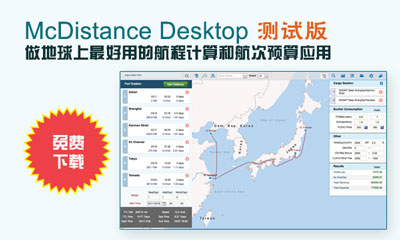
As the debate regarding the expansion of the oil pipeline network in the U.S. has been brought into focus by the Keystone XL project, conventional wisdom has been that transporting oil by rail has less potential for environmental damage than doing so by pipeline. Pipes leak, goes the logic, so obviously rail transportation is preferable. If this Politico article by Kathryn A. Wolfe and Bob King is to be believed, however, it may not be that simple.
Sell GBX Today?
Occasionally we hear about major crashes and disasters involving oil tanker cars such as the tragedy at Lac-Mégantic, Quebec last year, but the article points out that such accidents are much more common than most people believe. Wolfe and King show that, by the end of May this year there had been 70 oil train incidents in the U.S., easily on pace for a record, and the dollar value of the damage done was already equal to around double the total for the previous 5 years combined.
A large part of the problem is aging, outdated equipment. This boom in oil has occurred rapidly, as can be seen from this EIA chart of U.S. production.
After seemingly peaking in 1970, American oil production had been falling pretty consistently until the shale oil boom started a few years ago. Little wonder then that oil transportation infrastructure spending was below what was needed. The problem caused by this lack of investment was compounded by the fact that the “new” oil was being extracted from fields that were often far away from traditional centers of oil production; North Dakota wasn’t well served by oil pipelines 10 years ago. Transportation in old rail tanker cars was necessary if the oil was to be actually used.
The problems associated with old, unsafe cars have been recognized and regulations have been proposed in an attempt to force oil companies to upgrade their rolling stock, but the potential cost is enormous. The prospect of all of that spending on new cars has led to a serious boom in the stock of rail tank car manufacturers, such as The Greenbrier Companies (GBX) and American Railcar Industries (ARII).
Both companies are already seeing the benefits of increased spending with growing revenues and earnings, and their stock has reflected that. ARII is up over 88 percent over the last year and GBX makes even that look weak, with a 1 year gain of over 184 percent. As the public becomes more aware of the dangers of rail transportation, however, some maintain that these moves have been overdone; I disagree.
Pipelines, as we know from the Keystone XL debate, have their own problems and take time to complete. With oil being extracted every day and storage facilities stretched already, transportation is not a problem that can be solved later. In that environment rail use will continue to grow for a while, even as the public becomes more aware of the dangers. In fact, if anything, any focus on the problems with current tankers can only be beneficial to American Railcar and Greenbrier. If the oil companies’ powerful lobby that has so far avoided mandatory updating of tankers can no longer delay regulations demanding the replacement of outdated rolling stock, both companies will see another explosion (no pun intended) in orders.
You would expect this to be priced into these stocks in some way, but from a basic valuation standpoint, neither looks particularly expensive. Greenbrier in particular, at a 0.88 Price/Sales ratio and a forward P/E around 16.5, looks positively cheap, even after a further rise following spectacular earnings numbers earlier this month.
Whether we like it or not, the oil boom in the U.S. is set to continue for some time, at least in terms of production levels. Transportation of that oil remains a problem. Both pipelines and rail have the potential for enormous environmental damage but the consensus, for now at least, seems to be that that is a risk worth taking given the economic and national security benefits of the boom. Limits of time and geography mean that, ironically, despite rail transportation being more dangerous and destructive than many realize it is companies in that field that stand to benefit most as oil production continues to ramp up. Both American Railcar Industries and Greenbrier look set for further gains on that basis.
Source: Nasdaq



